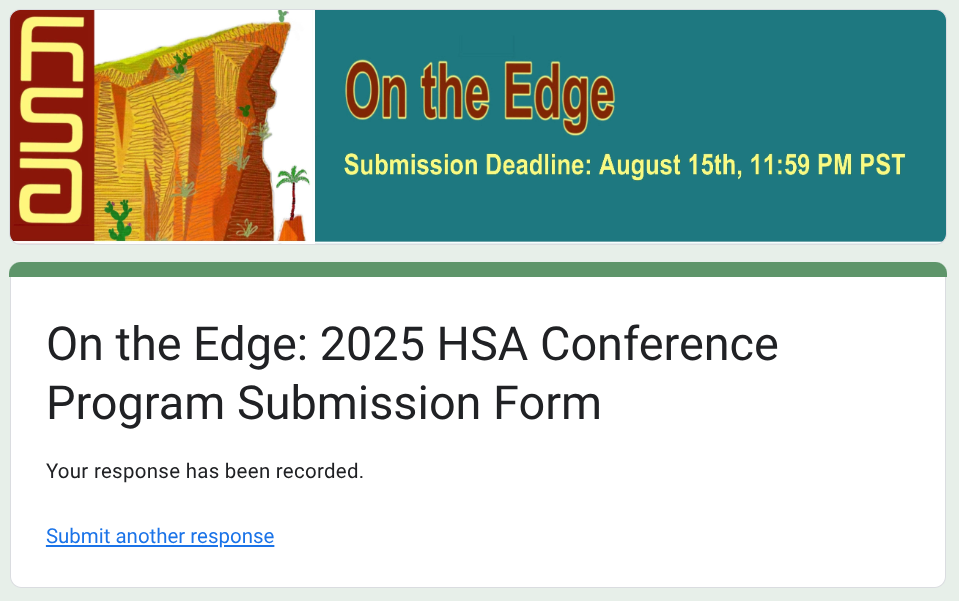Well, that's a bummer. Proposal REJECTED. Sigh.
Well, I was a little bit nervous about submitting a Haiku Society of America (virtual) conference proposal since I am so new to the haiku community, but they were very encouraging about novices submitting, so let's hope it works! The deadline for submissions is August 15 and they said we'll know the decisions by September 15. This would be such a great opportunity to get feedback from a much more sophisticated audience than any group I've played the games with so far. Plus I really hope that Liz and I can create a specifically for-kids version of the beginners game before the conference happens in November; right now, the beginners game is designed for adults, but I'm sure we can make a fun version that would work for kids too!

Here's the proposal I submitted:
"Know-Your-Haiku" — Zoom-based Games for Teaching and Learning about Haiku
Program Description (Max 100 words)
I will describe four variations on Know-Your-Haiku, a set of Zoom-based games I created for haiku novices and for more advanced players:
* Bingo: Beginners learn the basic features of haiku and then look for those features in haiku selected from CC-licensed materials in the Living Haiku Anthology. (We'll quickly play this game during the presentation.)
* BYOP Bring-Your-Own-Poetry: This trick-taking game is played with decks of haiku poetry cards created by the players in advance.
* Quotable Quotes: This variation substitutes quotes from haiku scholars in place of the features list.
* Solitaire: This is a single-player version of the "Quotable Quotes" version.
How does this program promote, educate, or explore haiku in new ways? (Max 100 words)
This game-based approach engages audiences actively, teaching players both how to read haiku and thus also how to write haiku. The Bingo version for beginners requires no advance preparation and provides a good overview of haiku form and content, including both traditional Japanese features as well as features of contemporary English-language haiku. The Bring-Your-Own-Poetry version allows players to share their own haiku and/or favorite haiku with others, while the Quotable Quotes version encourages players to engage with haiku scholarship, juxtaposing the observations of haiku scholars with their own haiku poetry and/or the work of their favorite haiku poets.